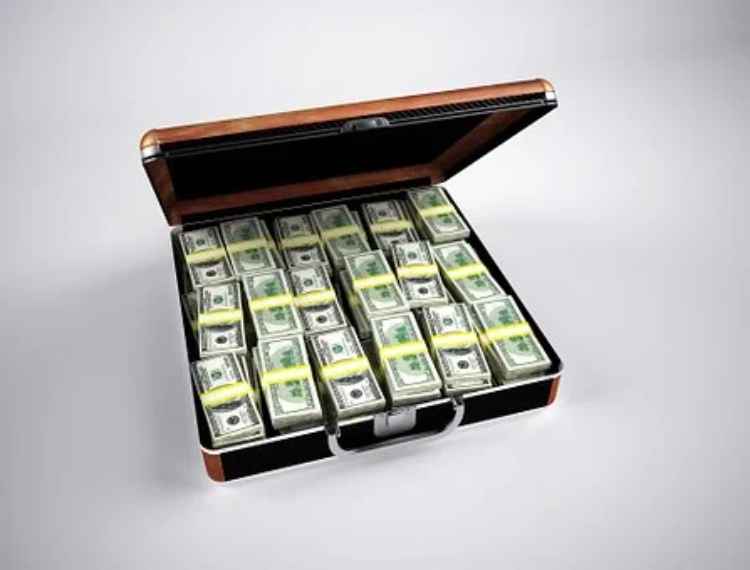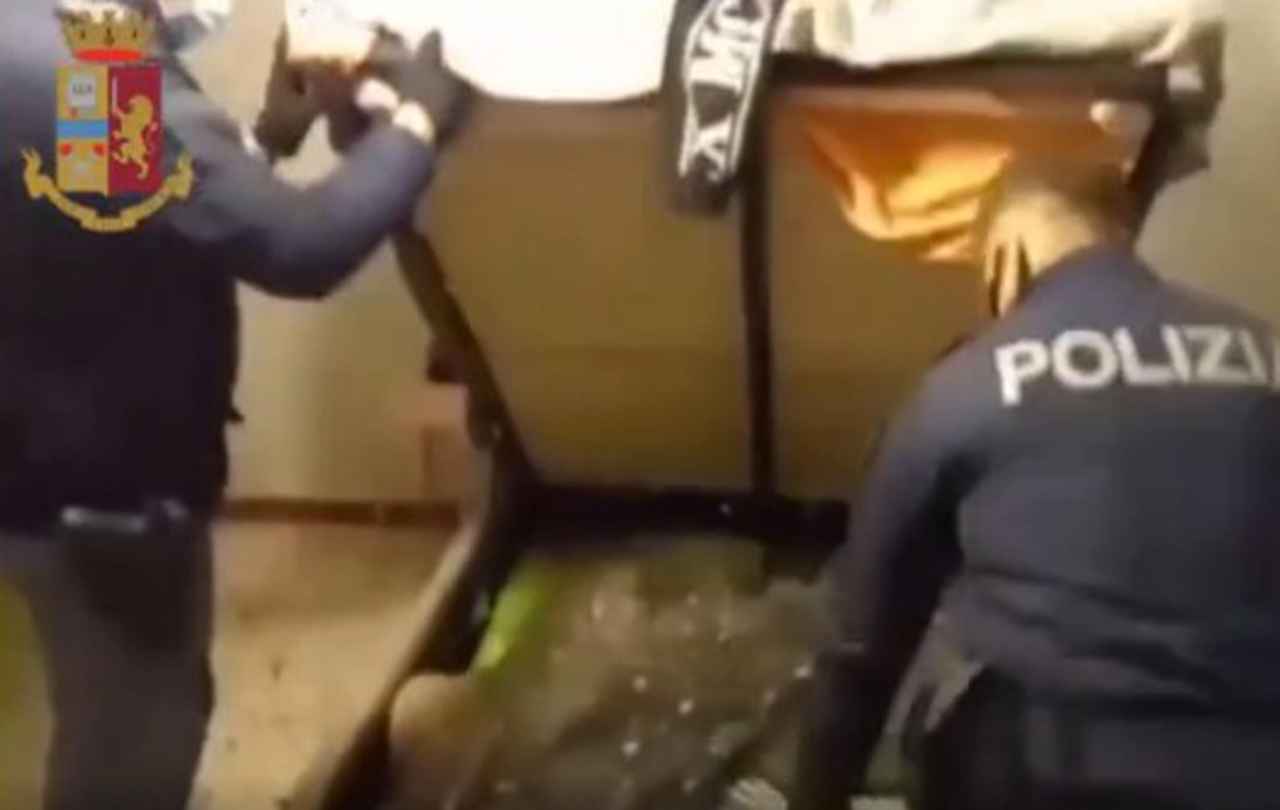The government led by Mario Draghi made it clear right away that the fight against tax evasion was at the top of its priorities.
But the fight against tax evasion also means the fight against Cash. In fact, it is only by preventing or strongly hindering the use of cash that tax evasion can be stemmed.
Therefore, for the government it becomes crucial to discourage the use of cash and it does so in many ways that can be very penalizing for those used to this method of payment and are not yet used to electronic payments.
Limits and thresholds that trigger the investigations
Beware of the many thresholds which trigger investigations but also fines. The government is well aware that it is very easy for the professional to evade taxation: just do it pay in cash and will never be tracked of that transaction.

But of course this applies to any citizen and consequently the government on the cash front, everything changes and also having too much cash in your pocket and at home becomes dangerous. Let’s see in order what to avoid doing in order not to incur fines and investigations. First of all, we must keep in mind the limit to payment in cash.
Limits on cash and payments
Currently you risk a hefty fine if you do a cash payment from € 2000 upwards. But this only applies until the end of the year. In fact, from 2023, even if only paying in cash from € 1000 upwards, the sanction will be triggered. Furthermore, when paying in the shop starting from June, the shopkeeper will no longer be able to demand payment in cash. You will have to accept cards and ATMs. If the merchant demands payment in cash will risk a proportional fine to the amount of the payment itself.
In your pocket or at home
But it is also important not to have too much money on him or at home. If you are caught with too much money in your pocket or at home, the taxman may assume that this disproportionate amount of money is needed. tax evasion or money laundering and consequently investigations and sanctions will be possible. There is no real fixed threshold not to be exceeded because during the checks the money actually found, it is directly related to the taxpayer’s economic situation. So for a more affluent taxpayer it may not seem strange that he has a large amount of money on him, but for a taxpayer much more in economic difficulty, the same amount could appear suspicious and start checks.
–


